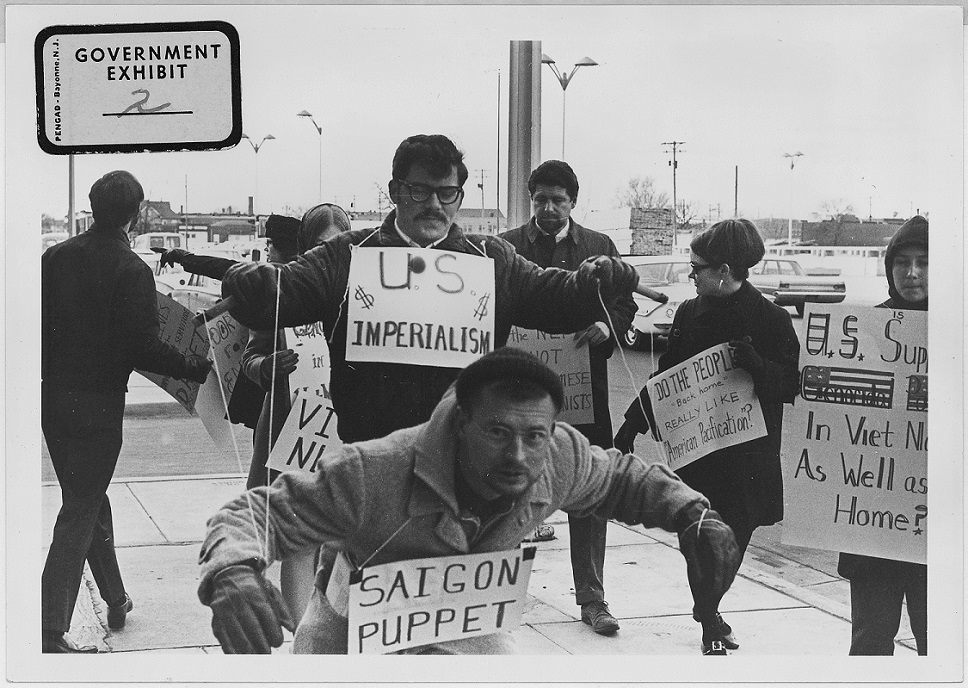
In the popular imagination, the antiwar movement during the U.S. intervention in Vietnam was comprised of young people, especially college students. After all, they are more likely to be sent to war and lose their lives. However, contemporary polls paint a different picture.
The questions asked at Gallup and other opinion polls were deliberately phrased in different ways, but the trend was always the same: younger people were more likely to support any given war than the older generations.
For example, in August 1965, fully 76% of people aged under 30 supported the U.S. involvement in Vietnam, while the percentage among those over 50 was 51%. A lot of those polled also believed the U.S. should intensify its military operations, even at the risk of drawing China or the USSR into the war.
Even as the popularity of the war dwindled, there was still more support among younger people than older ones. For example, in January 1971, 41% of those under 30 supported the war, while only 20% of those aged over 50 did so. People aged 30-49 were consistently in-between, though slightly closer to the under-30 group.
The results for the Korean War, Gulf War, and Iraq War all follow a similar pattern. Groups who are more likely to oppose wars were African Americans and women, but in the case of the latter this has recently begun to change. Liberals and Democrats are, unsurprisingly, more likely to oppose wars, but once again there is a markedly higher level of support among the younger members of these demographics.
Thus the popular image of young people comprising most of the opposition to the Vietnam War is simply due to the fact that the most visible and active people in any movement are likely to be young. However, it is also worth noting that younger people are more likely to support the use of diplomacy to secure peace, while the older generations tend to support a “peace through strength” approach.




